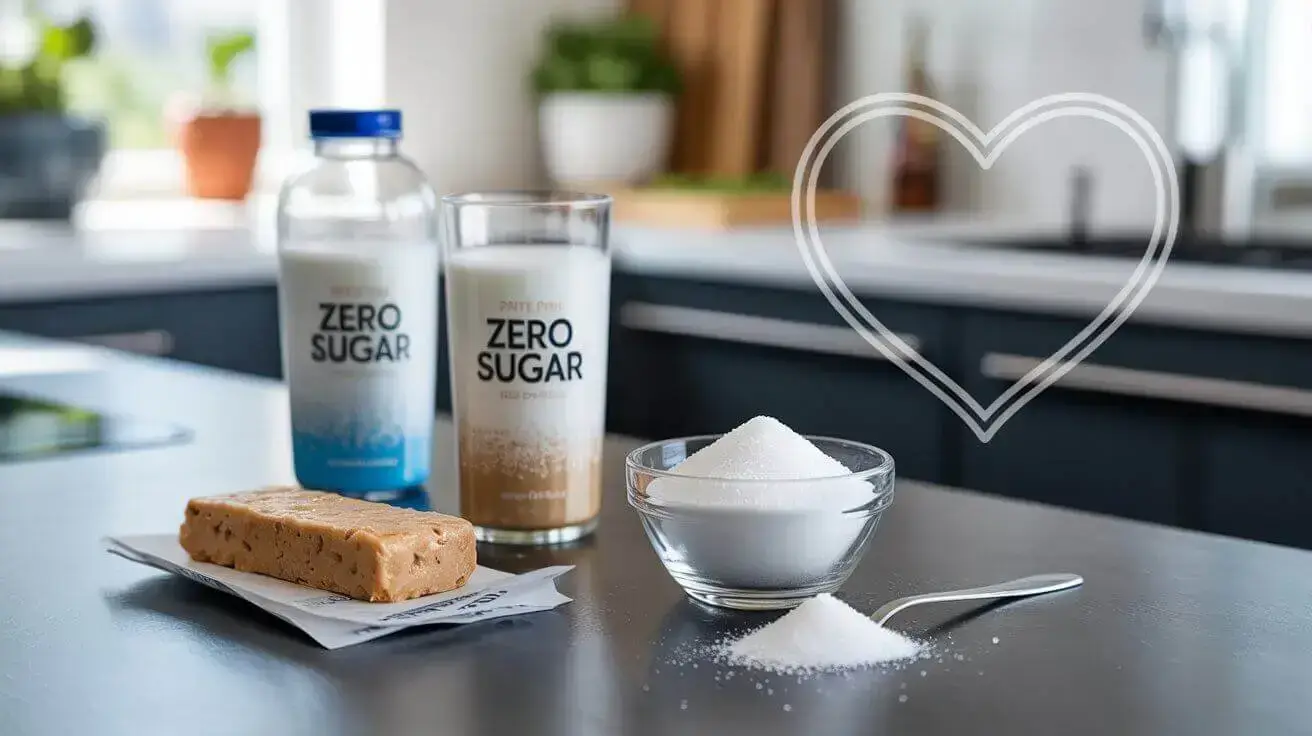It’s a familiar situation: you finish an ordinary meal, and soon after, your clothes feel tighter. A pressure builds in your belly, and suddenly you’re dealing with that uncomfortable bloated, gassy feeling. This sensation, known as bloating, is so common that it’s often brushed off as just part of life. But while occasional bloating is normal, persistent discomfort is your body’s way of signaling that something’s off. Understanding what causes bloating is the first step toward lasting relief.
Your Gut’s Ecosystem: The Real Driver Behind Bloating
To understand bloating, we need to take a look inside your digestive system. Think of your gut as a vibrant, living ecosystem filled with trillions of microorganisms—mostly bacteria—known as your gut microbiome. These tiny inhabitants aren’t enemies; they’re essential allies in your health. A balanced microbiome helps break down food particles your body can’t digest alone, produces important vitamins, supports your immune system, and plays a key role in nutrient absorption.
When in balance, beneficial bacteria help digest food efficiently without producing excess gas. They help keep your digestion smooth and your gut lining healthy. But when that balance is disrupted—due to stress, poor diet, illness, or antibiotics—opportunistic or harmful bacteria can multiply. This imbalance, known as dysbiosis, can lead to excessive fermentation of undigested food, which creates more gas, inflammation, and, yes—bloating.
So, bloating doesn’t just depend on what you eat—it also depends on which bacteria are helping you digest it.
What Causes Bloating? Mechanical Causes and Everyday Habits
Before jumping to complex conditions, it’s important to understand how simple daily habits may be contributing to bloating.
1. Swallowing Air (Aerophagia) and Eating Too Quickly
A surprising amount of gas can come from swallowed air—especially when you eat too fast, talk while chewing, or drink carbonated beverages. These habits introduce extra air into your digestive tract. Plus, when you don’t chew your food properly, your digestive system has to work harder, and more fermentation occurs downstream.
2. The Vicious Cycle of Constipation
Constipation is one of the most common causes of bloating. When stool moves too slowly through the colon, it gives gut bacteria more time to ferment its contents—leading to increased gas. Even in people with normal transit time, those with IBS-C (constipation-predominant irritable bowel syndrome) can experience bloating due to heightened gut sensitivity to normal pressure.
When Bloating Is a Sign of Something Deeper
If you’ve addressed the basics and still feel bloated often, it might point to an underlying digestive disorder.
Functional Gut Disorders
- Irritable Bowel Syndrome (IBS): In IBS, the gut becomes hypersensitive. Even regular amounts of gas can cause intense bloating and discomfort.
- Small Intestinal Bacterial Overgrowth (SIBO): This condition happens when bacteria that normally live in the colon migrate to the small intestine, where they ferment food too early—leading to gas and bloating.
The Inflammation–Bloating Connection
Here’s a key insight: a chronically inflamed gut may not absorb nutrients properly. This means undigested food stays in the intestine, feeding bacteria and triggering more fermentation and gas. While not all inflammation leads to malabsorption, it’s a common issue in serious digestive conditions:
- Inflammatory Bowel Disease (IBD): Includes Crohn’s disease and ulcerative colitis—chronic inflammatory conditions that damage the digestive tract.
- Celiac Disease: An autoimmune condition where gluten triggers severe inflammation and damage to the small intestine lining.
In these cases, bloating is more than just a nuisance—it’s a warning sign that your digestive system is struggling and needs medical attention.
Want to better protect your heart? Check out our guide Hypertension Made Simple – Everything You Need to Know to Control High Blood Pressure and learn practical ways to take control of your blood pressure.
How to Reduce Bloating: Why These Solutions Actually Work
Let’s explore science-backed strategies and why they’re effective:
1. Try a Low-FODMAP Diet
FODMAPs are fermentable carbs that are poorly absorbed in the gut. In people with IBS or sensitive digestion, temporarily reducing FODMAP intake (with professional guidance) can lower gas production and ease bloating.
2. Support Your Gut Microbiome and Choose Probiotics Wisely
A healthy microbiome thrives on a fiber-rich, plant-based diet and fermented foods like kefir or plain yogurt. Probiotic supplements can help—but their effects are strain-specific. Not all probiotics reduce bloating, and some may worsen symptoms in people with SIBO. Talk to your doctor before starting one.
3. Practice Mindful Eating and Gentle Movement
Chewing your food thoroughly starts digestion in the mouth. Eating slowly limits the amount of air you swallow, which is often linked to what causes bloating. Even a short walk after meals can stimulate natural muscle contractions in your intestines (peristalsis), helping gas move through more easily.
Red Flags: When to See a Doctor
You should seek medical attention if your bloating is:
- Severe or persistent
- Accompanied by unintended weight loss
- Paired with intense abdominal pain
- Linked to changes in bowel habits (diarrhea, constipation, or blood in the stool)
- Alongside fever or vomiting
Final Thoughts
Bloating doesn’t have to be your “normal.” By understanding the causes—from swallowed air to bacterial imbalances and inflammation—you can make smarter choices and know when it’s time to seek help for lasting digestive relief.
Medical Disclaimer: This content is for educational purposes only and does not replace professional medical advice, diagnosis, or treatment. Always consult your physician or a qualified healthcare provider with any questions about a medical condition.
Source & Further Reading:
ACG Clinical Guideline: Management of Irritable Bowel Syndrome (Lacy et al., 2021)










